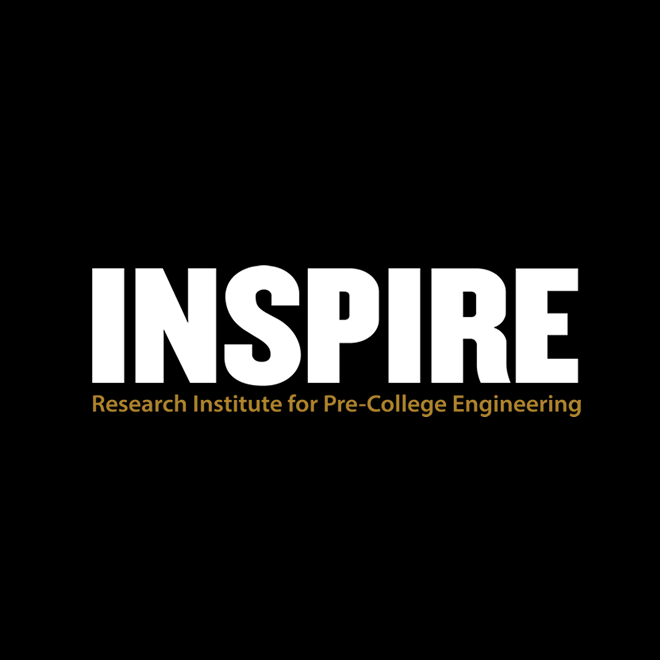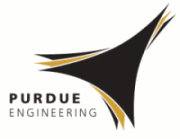Abstract
Recently, K-12 engineering education has received increased attention as a pathway to building stronger foundations in math andscience and introducing young people to the profession. However, the National Academy of Engineering found that many K-12engineering programs focus heavily on engineering design and science and math learning while minimizing the development ofengineering habits of mind. This narrowly-focused engineering activity can leave young people – and in particular, girls – with a limitedview of the profession. This study describes Digital Zoo, an engineering learning environment that engaged girls in authentic engineeringactivity in order to link the development of engineering skills and knowledge to engineering ways of thinking. Specific activities from anengineering practicum were recreated in the learning environment, where ten middle school girls from diverse backgrounds role-played asengineers designing solutions to a client-based project. Responses on pre, post, and follow up interviews suggest the participants wereable to develop each of the five epistemic frame elements – engineering skills, knowledge, identity, values, and epistemology – as a resultof Digital Zoo. In situ data from the intervention was analyzed with a sophisticated mixed methods approach that integrated qualitativemethods with a new quantification technique, Epistemic Network Analysis. These techniques allowed for the exploration of complexthinking and learning throughout the different activities of Digital Zoo. The results of this analysis identified client-focused activity andnotebook-based reflection as two activities within Digital Zoo that fostered key linkages to engineering values and epistemology.
Recommended Citation
Svarovsky, G. N.
(2011).
Exploring Complex Engineering Learning Over Time with Epistemic Network Analysis.
Journal of Pre-College Engineering Education Research (J-PEER), 1(2), Article 4.
https://doi.org/10.5703/1288284314638


